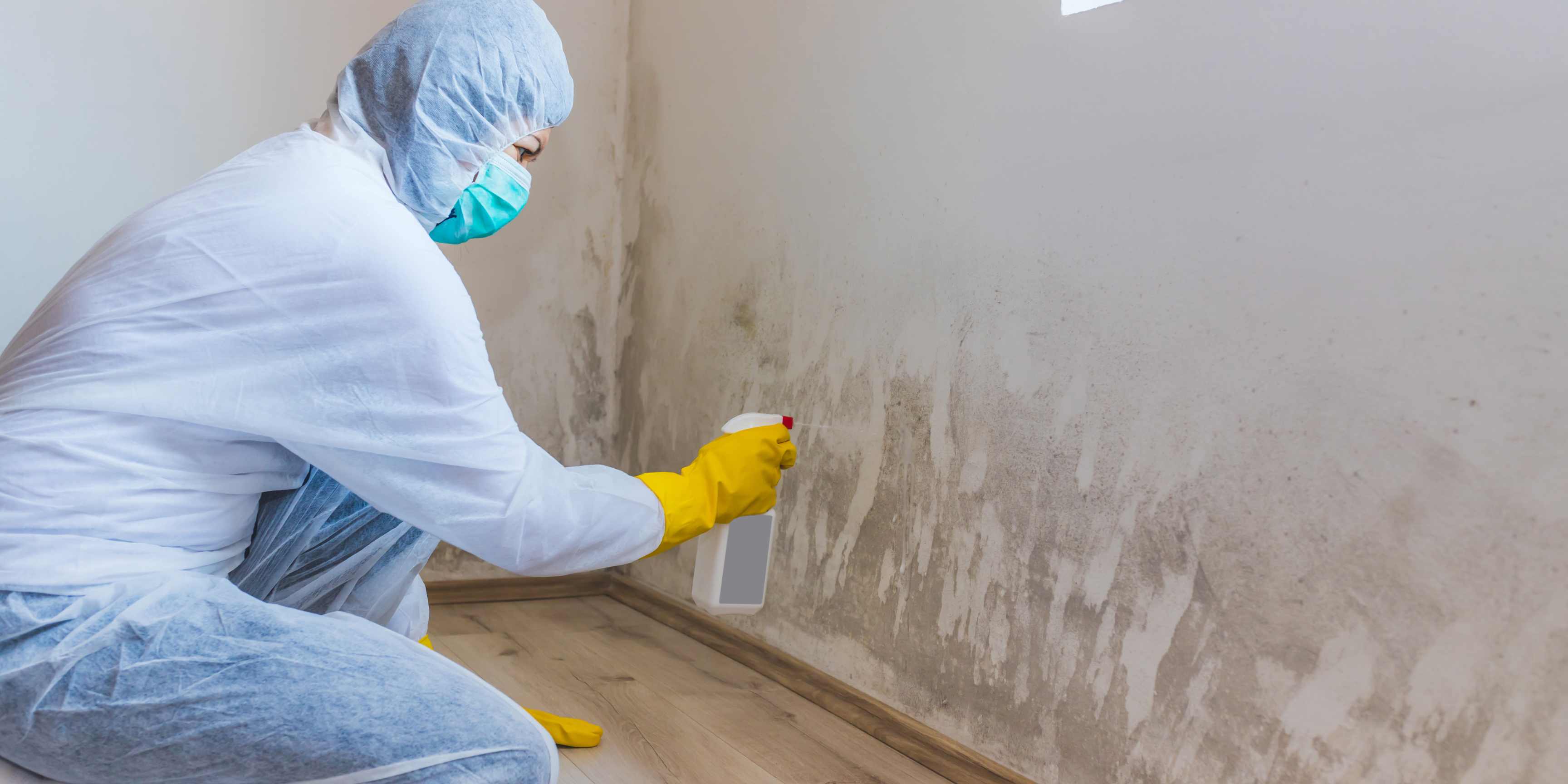
The first apartment I ever rented was a beautiful home with skylights, a gorgeous wooden deck, and even a loft. Rent wasn’t cheap, and I never imagined this apartment would have so many issues, including pests, poor insulation, and severe mold problems. My guests with asthma experienced flare-ups and allergic reactions when they visited, but it took months for me to realize that the ceiling in the loft area was covered in black mold.
As a young renter, unsure of what my rights were as a tenant, I hesitated before finally bringing my concerns to my landlord. He did not take the mold problem seriously and waited weeks before using bleach to clean the ceiling (which is also an asthma trigger), and eventually, the mold returned to pollute the air in my home again. I lived in this apartment for two years, exposed to allergens and mycotoxins with no plan for relief, but the passage of An Act to improve outdoor and indoor air quality for communities burdened by pollution (H.2131/S.1382) will create strict mold regulations to ensure indoor air is safe for all.
Much of the air quality bill’s language focuses on identifying, monitoring, and remediating outdoor air pollution, including fine particulate matter and black carbon pollution stemming from transportation. Emissions from transportation disproportionately impact communities of color in Massachusetts, and this legislation would be a huge step toward correcting that continuing injustice. But the legislation also targets asthma triggers that are found indoors and includes strict air filtration requirements, a ban on polluting gas stoves in new residential construction, and new requirements for mold remediation that clarify a landlord’s responsibilities and a tenant’s rights when mold is found or suspected in a unit. The mold regulations create timelines for inspection, specify procedures for proper mold remediation, and require landlords to repair the underlying problem contributing to the mold. All of the new mold regulations would be included in a pamphlet for renters and owners so that tenants, like myself, will no longer have to nervously wonder whether the mold in their loft will be removed.
Clean Water Action and partners at the Massachusetts Environmental Justice Table* are working together to advocate for clean outdoor AND indoor air because we all deserve it! We want to ensure our most vulnerable residents are protected from air pollutants and have access to safe homes and air filters. No one should fall asleep each night in a loft covered in mold. Let’s make sure that everyone has access to clean air, whether owner or tenant. Here’s to clear air and healthy lungs!
*The Massachusetts Environmental Justice Table, or EJ Table, is a broad-based coalition of environmental justice organizations, grassroots groups, and allies, led by GreenRoots Inc, Alternatives for Community and Environment, the Coalition for Social Justice, the American Indian Center of Boston, and Neighbor to Neighbor MA.


